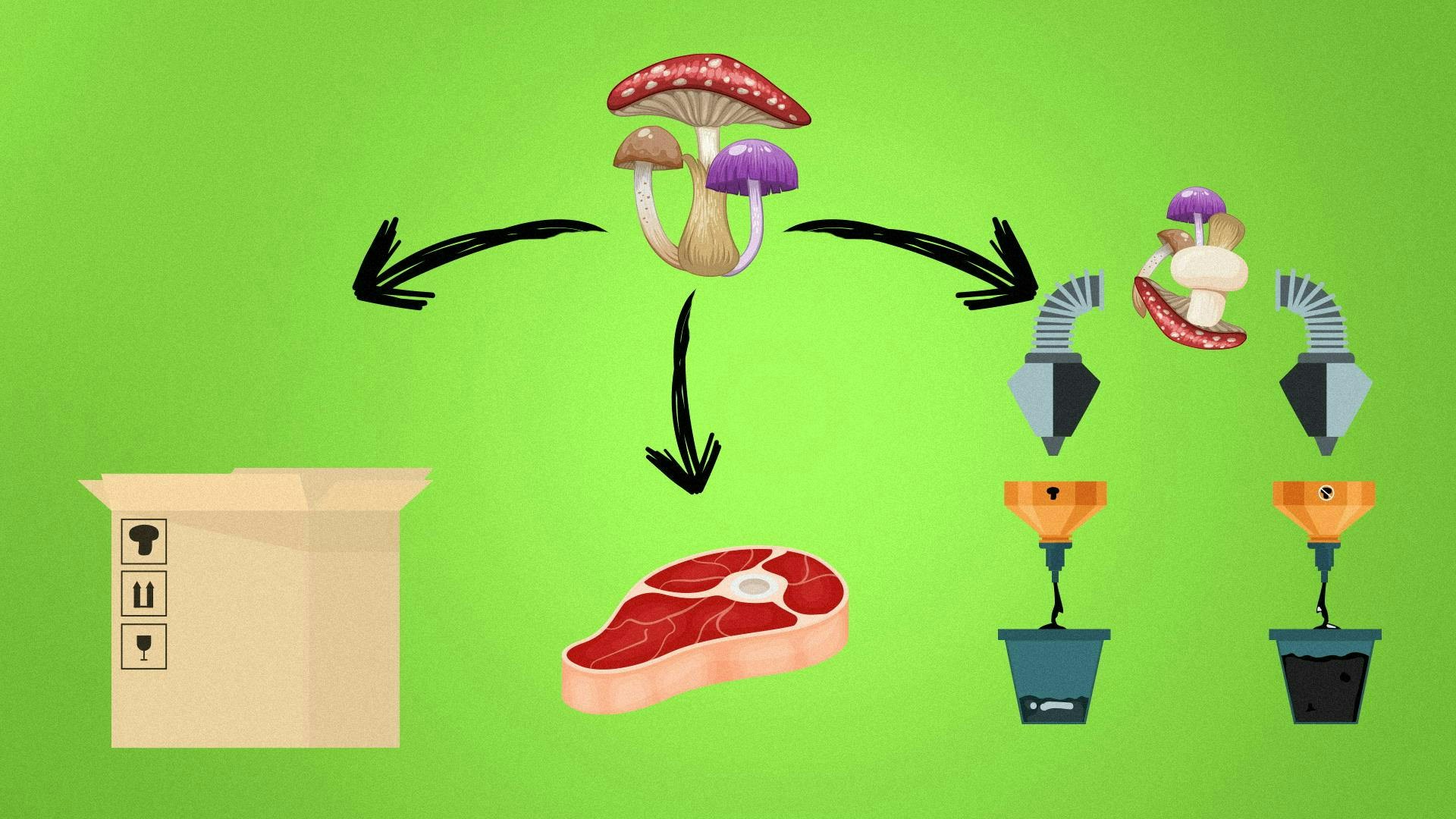The Glasgow Breakthroughs: Vertical farming
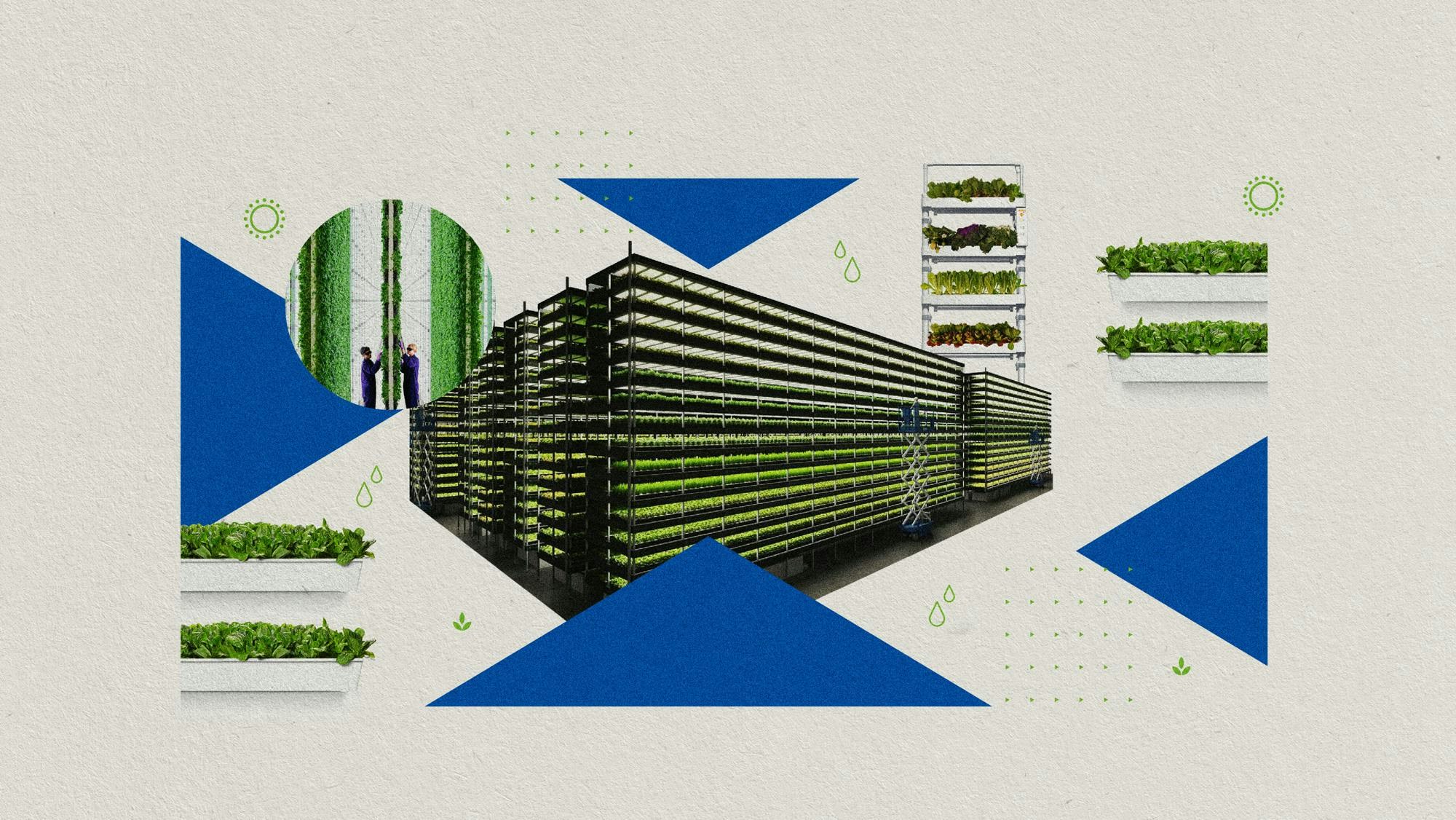
TOPICS
ForesightAccording to the UN's Intergovernmental Panel on Climate Change, agriculture, forestry and other land uses are responsible for 23 percent of human-induced greenhouse gas emissions.
Agriculture comes second in the list of top climate change drivers, after the energy sector. This is why the Cop26 chose it as one of the five priority sectors to invest in to accelerate sustainable development. But while energy, transport, steel and hydrogen received clear delivery plans to turn agreements into laws, agriculture has seen more pledges and commitments on reflections than on actual actions.
Yet one sustainable technology, linked to agriculture, has attracted attention since the 1990s, and could actually benefit from a financial “push” from countries: Vertical farming. The concept of growing food in vertical stacks, and controlled environments, was showcased during the Cop26, when Glasgow inaugurated its first such farm.
Let’s have a look at the market.
L'Atelier’s Technology Intelligence Engine suggests European countries cumulatively lead in terms of grants and publications, but the United States prevails in patents and investments.
Below, note that the United Kingdom seems to lead in grants, publications and investments. This is not a surprise; two of the largest vertical farms are based in rural towns in Offenham, Worcestershire (owned by Shockingly Fresh) and Lydney, Gloucestershire (owned by Jones Food Company). They are competing against Danish company Nordic Harvest’s 7.000-square-meter factory.
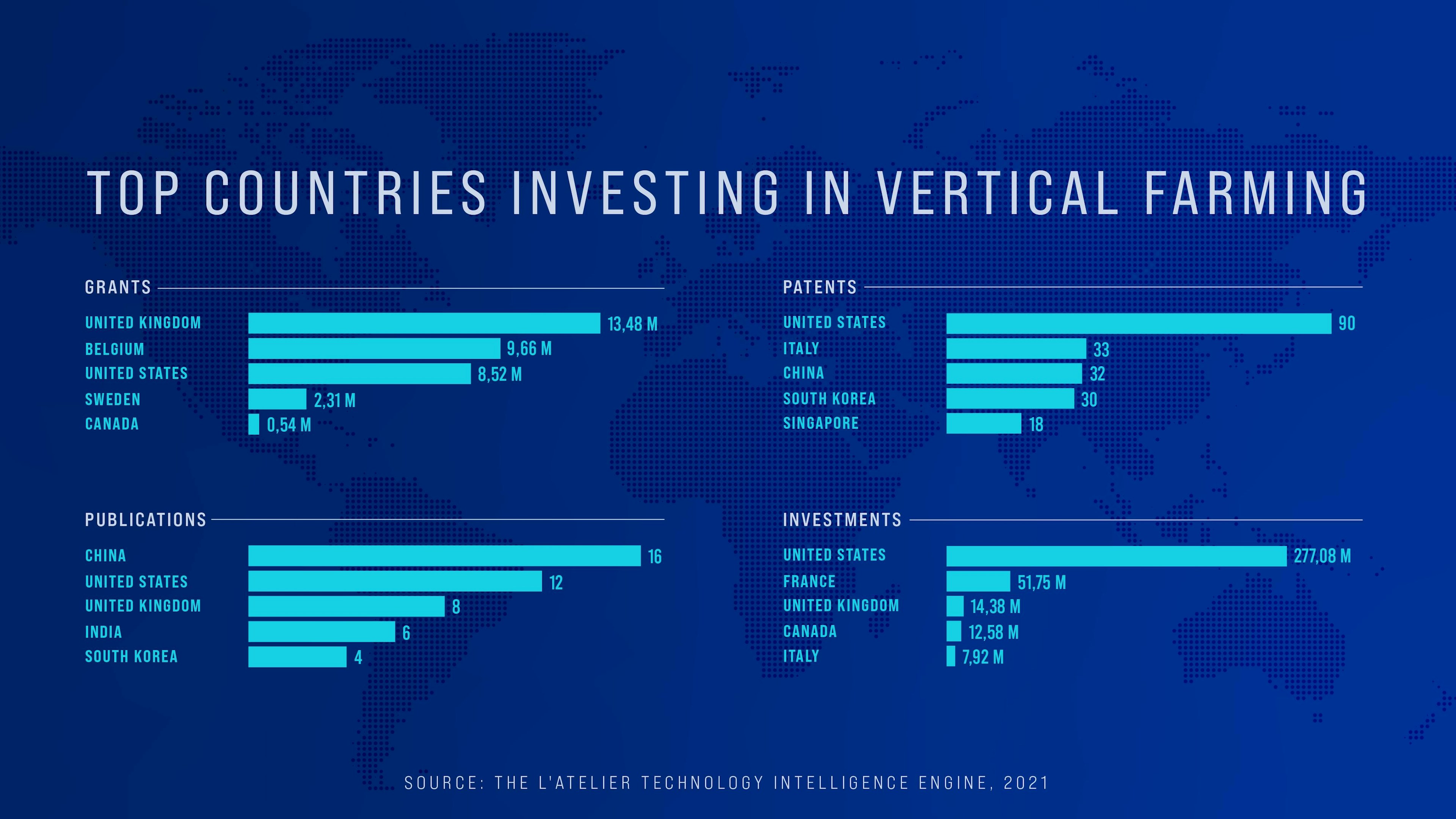
Vertical farming R&D (world). Source: the L'Atelier Technology Intelligence Engine.
Who Invests Where
The modern concept of vertical farming can be traced back to American Columbia University Professor Dickson Despommier. Perhaps this is why, unlike European institutions, the United States bets as much on universities as in the private sector when it comes to the development of vertical farming.
Interestingly, most startups with top investments in the US are actual farms, sometimes family-owned, selling products to supermarket chains or direct-to-consumer. This is the case for Plenty, Living Greens Farm and NW Farms.
One startup with the highest funding in the last three years is Oishii. The company differs from others because it specialises in “luxury Japanese strawberries.” Growing strawberries via vertical farming is smart, considering both Covid and bad weather have particularly impacted farm labour and export for them.
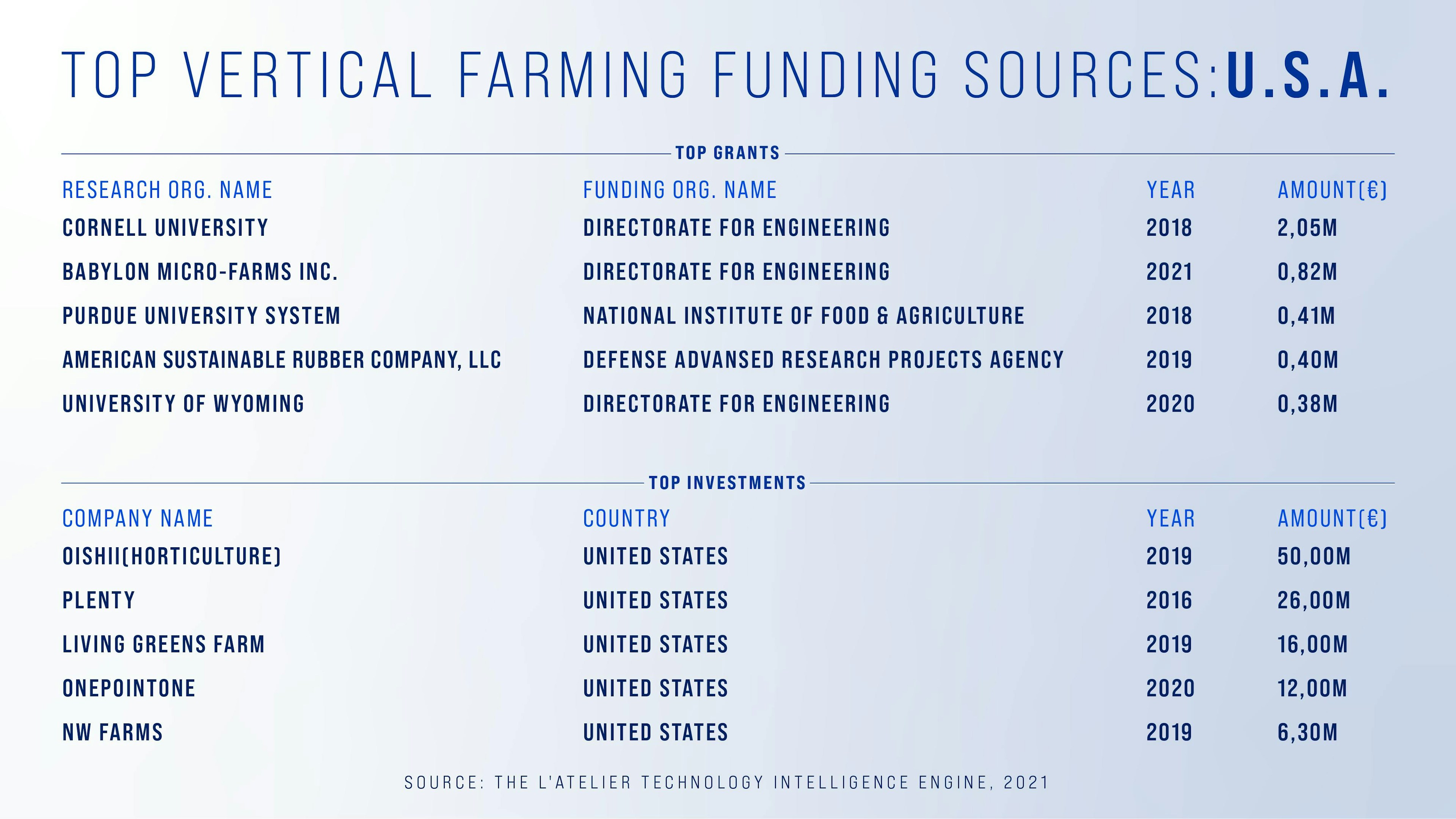
Vertical farming top grants & investments (US). Source: the L'Atelier Technology Intelligence Engine.
In Europe, vertical farming is comprised mainly of tech companies, selling products to farmers or supermarket chains, or offering their technology as a service, essentially renting factory space and monitoring crops. Dutch vertical farming company Infarm—which received large public and private investments—was recently valued at $1 billion, and is among such tech companies, which include Yasai and Urban Crop Solutions.
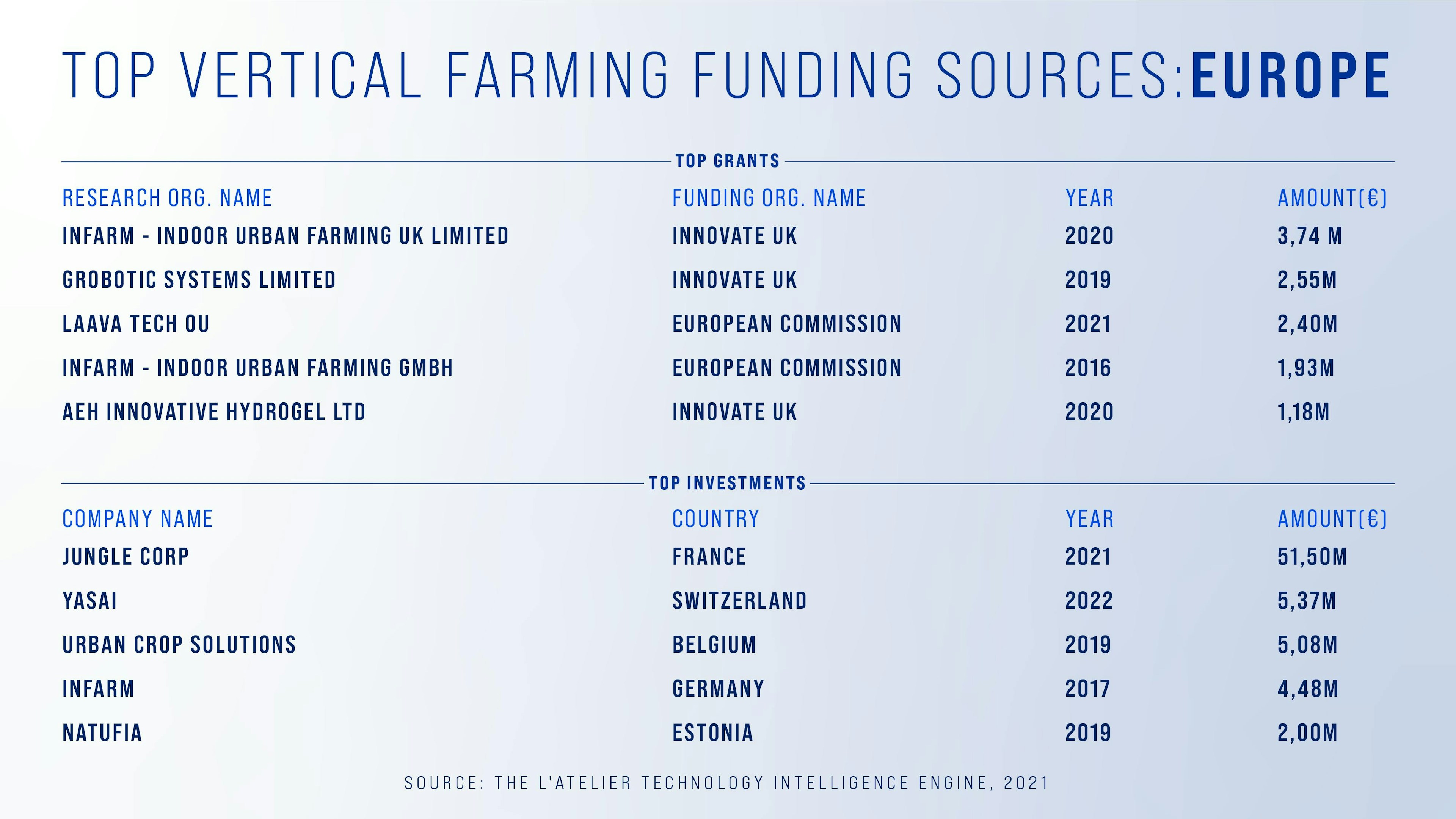
Vertical farming top grants & investments (Europe). Source: the L'Atelier Technology Intelligence Engine.
Insights
Our engine allows us to monitor global trends in publications, patents, grants and investments over five years. Here’s what we discovered:
- Vertical farming doesn’t only enable growing food. One of the highest grants in the United States was allocated to the American Sustainable Rubber Company, which grows genetically-modified dandelions that can be turned into rubber! The company observes that rubber is used for tyres, as well as on “50.000 products from healthcare supplies to flooring and toys.” Most of the world’s rubber originates from Asia, where forests are “cleared” to plant rubber trees. Vertical farming thus could help reduce deforestation.
- Vertical farming may also end up in your kitchen or workplace. This is the promise offered by Babylon Micro-Farms and Natufia, who make refrigerator-like machines that grow fresh vegetables at home. This is also the idea behind Laava, but the latter focuses on people who want to create small farms. Laava sells lamps, sensors, and a monitoring app for small businesses or large families.
This information comes from the L’Atelier Technology Intelligence Engine, which conducts deep quantitative analysis of large distributed datasets related to technologies. To learn more, please reach out.
Explore larger EU ambitions to drive collective technological change with our State of the EUnion series on blockchain technology, quantum computing, and fuel cells.
31 Mar 2022
-
Aurore Geraud
Illustrations by Debarpan Das.
Sign up for our weekly newsletter.
02/03
Related Insights
03/03
L’Atelier is a data intelligence company based in Paris.
We use advanced machine learning and generative AI to identify emerging technologies and analyse their impact on countries, companies, and capital.


